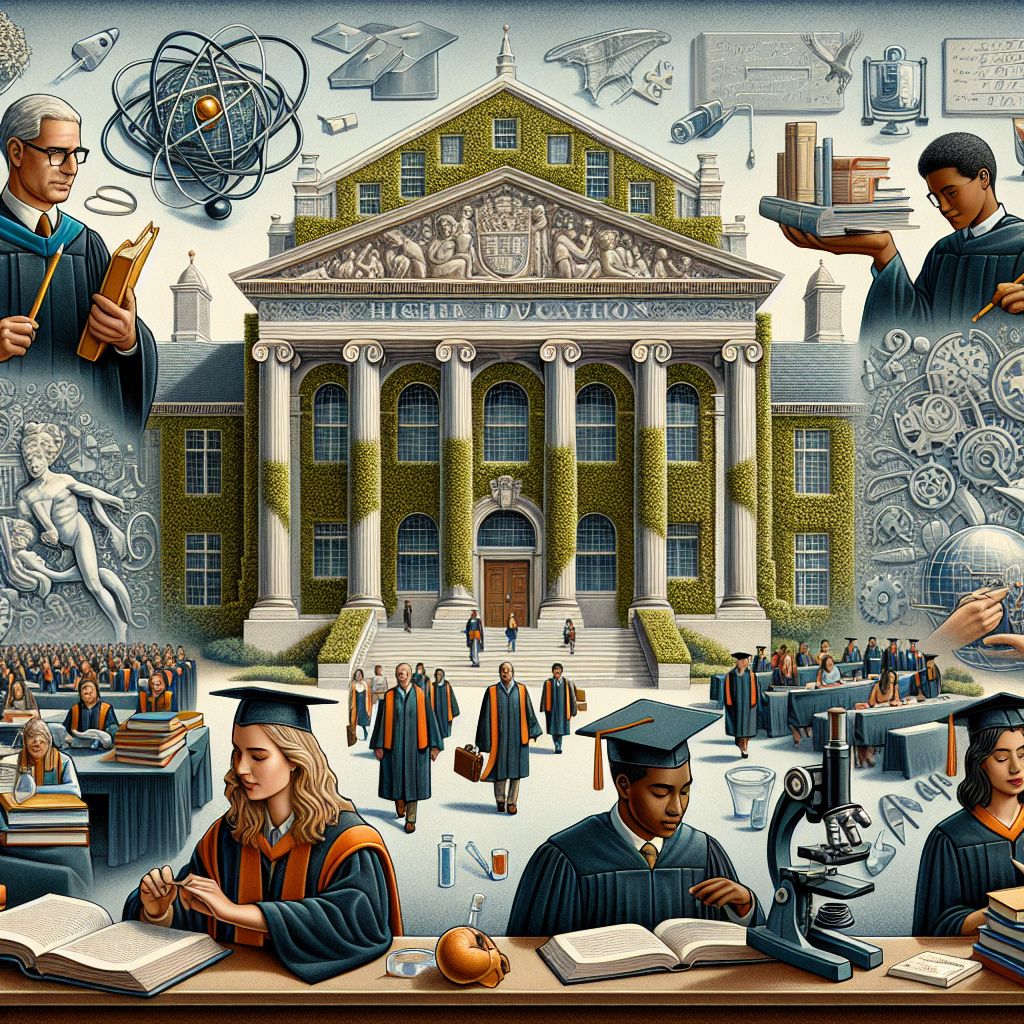China's Education Revamp: Building a Strong Nation through Science
China's Ministry of Education has mandated primary and secondary schools to enhance science education. This strategy supports the nation's goal to boost innovation and economic growth. Schools will focus on a comprehensive science curriculum and better teaching capabilities, in line with China's 2035 education vision.

China's Ministry of Education has issued new guidelines urging primary and secondary schools to elevate their science education standards. The move is part of China's ambition to bolster its scientific and technological prowess, driving future economic growth as the nation aims to establish itself as a 'strong education nation' by 2035.
According to the guidelines reported by state news agency Xinhua, schools are required to implement a comprehensive science curriculum, upgrade teaching capabilities, and better utilize science education resources. Each primary school must have at least one science teacher with a master's degree in a related field, and a vice-principal for science will oversee science courses and initiatives.
The initiative also seeks to integrate science into after-school activities, stimulating students' interest in science disciplines. This aligns with President Xi Jinping's vision of fostering global competitiveness in scientific and technological innovation. The effort is part of broader strategies to develop sectors like electric vehicles and quantum technology, aiming to counter the stagnation in China's property sector.
(With inputs from agencies.)
ALSO READ
HL Klemove and HARMAN Forge Path for SDV Innovation
IAEA Combats Silent Pandemic of Antimicrobial Resistance Through Innovation and Collaboration
Work Permit Markets: A New Model for Social Protection and Economic Growth
Designing Resilient MSME Ecosystems for Asia's Economic Growth
DPIIT and JK Cement United: Paving the Way for Innovation in India's Manufacturing










